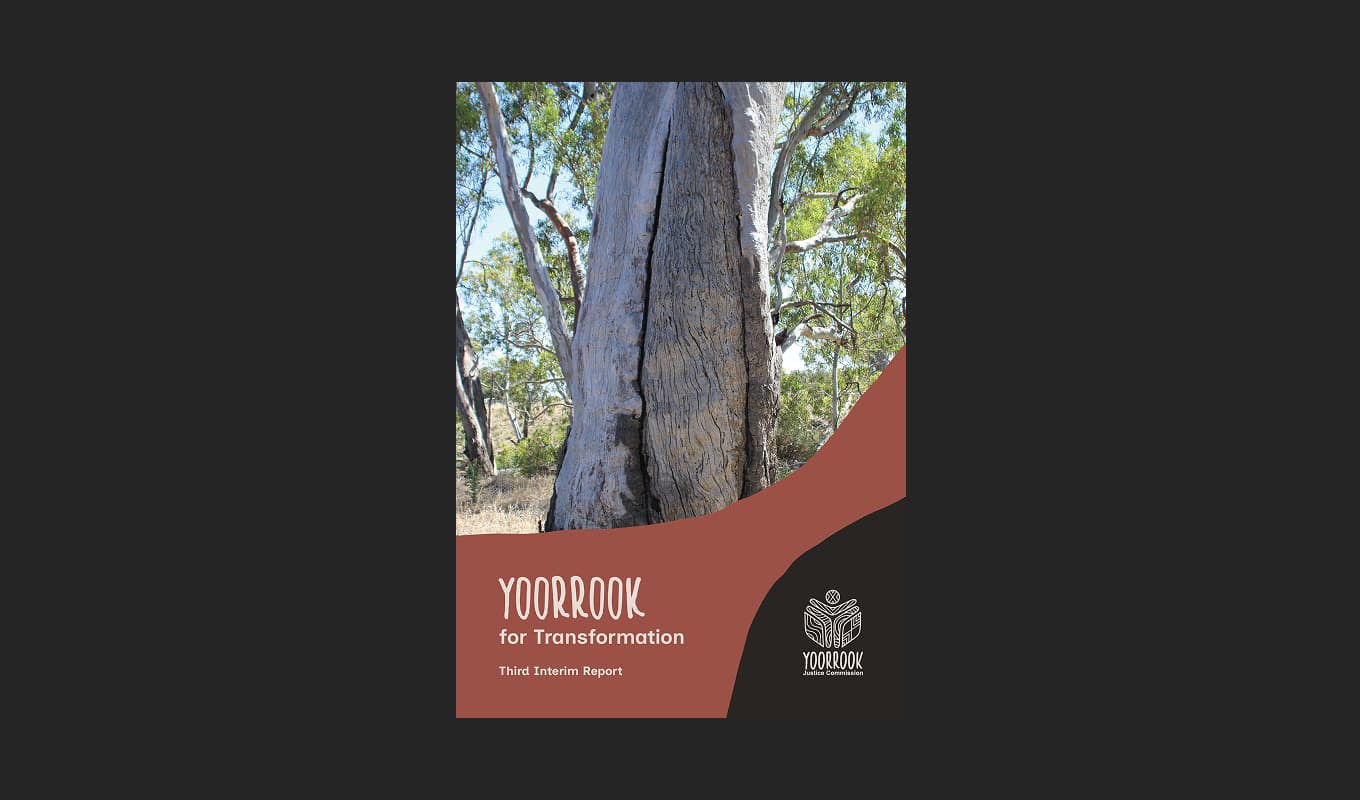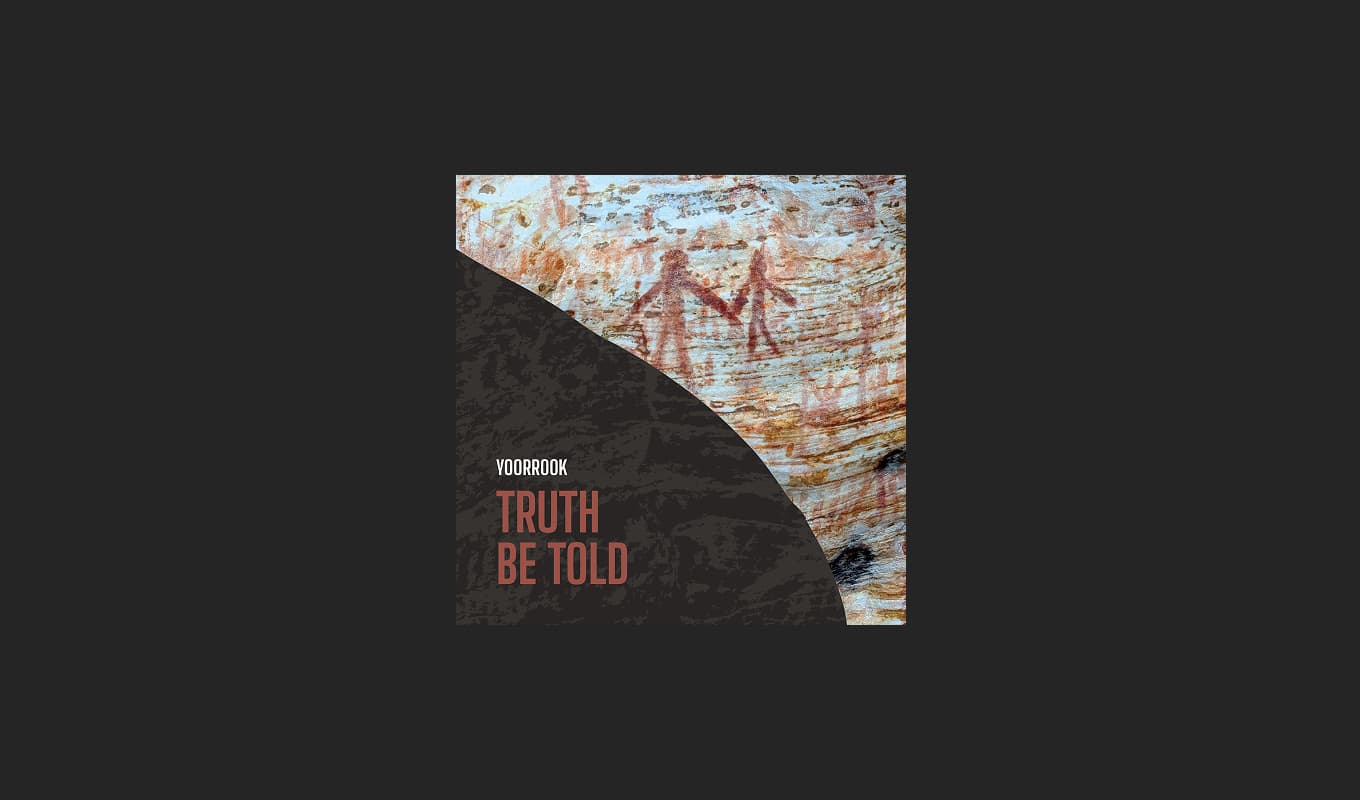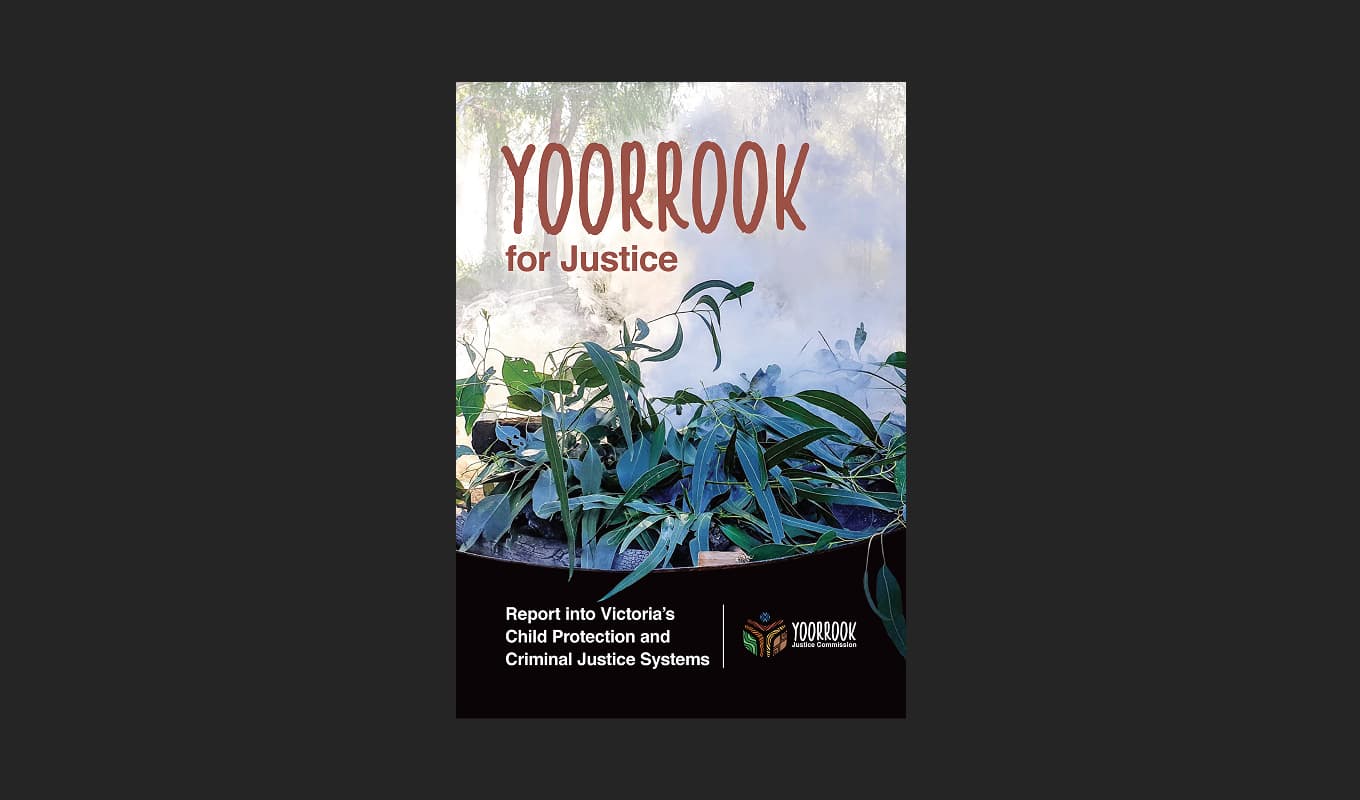Tash
Tash criticises the limited education on First Nations history in Victoria, advocates for integrating indigenous culture into various school subjects, and suggests promoting First Peoples history through public signage, events, and incorporating indigenous names and stories into everyday life.
Submission Transcription
Less than about colonisation in other states short story – there were indigenous people here and now there aren’t…
no, it was very limited. Scouting teaches some of it but still limited First nations culture I don’t recall learning any of in school in primary school I remember having a term on Greek culture and history, and learning some French in grade 6 – surely some tiem on our heritage is higher priority?
teach some history and culture – big picture but also more localised In cooking and gardening classes – grow native tucker and use that in the kitchen so kids learn culture and sustainability alongside the cooking and maths education they get from such classes. It would be so easy to work in, with little additional cost or effort. More historical plaques telling us about first nation history, not just at big sites but in random places where culture developed. More signs showing original names (eg Gardiners Creek = Kooyongkoot) so we become familiar with the language and the names. Simple familiarity will do more that just classroom lessons alone. Add more dreamtime or cultural stories as readers in early primary school. respectfully, let us know how many indigenous people live amongst us in Victoria – it feels like we annihilated them and we have none (I know there are some living in Victoria, but it doesn’t feel like we have a first nations community).
Be willing to listen. Be open to learning more of their culture and acknowledged their history. Introduce more farming and land care practices from indigenous culture Vote out those who will not implement processes and an environment to support truth telling and treaty. Act according to treaty even if it isn’t law or official
Be willing to listen. Be open to learning more of their culture and acknowledged their history. Introduce more farming and land care practices from indigenous culture Vote out those who will not implement processes and an environment to support truth telling and treaty. Act according to treaty even if it isn’t law or official
Truth-teller consent
Contact us about this submission
Contact us if you’d like to discuss this submission.
Similar submissions
Explore submissions from other witnesses that discuss similar topics.
Mary Hassall
This submission is from Mary Hassall, a descendant of James Hassall, after whom the Hassall creek on Gunditj Country is named. It discusses her resear... more
Viki Sinclair (Fowler)
Viki Sinclair is a direct descendant of one of the original settlers of Gippsland, Colin McLaren. In this submission, she tells her personal story of... more
Gayle Carr
Gayle Carr makes this submission on behalf of herself, Kathryn Williamson and the late Diana Halmarick. It outlines the range of historic reference ma... more
Gerard Finnigan
Gerard Finnigan is a non-Aboriginal person who grew up on Gunditjmara Country and has been mentored by and worked with First Peoples throughout his li... more
Reports and Recommendations
Read the official reports and recommendations of the Yoorrook Justice Commission.

Yoorrook for Transformation
Third Interim Report: A five-volume comprehensive reform report presenting evidence and findings on systemic injustices, and specific recommendations for meaningful change to transform the future.

Truth Be Told
An official public record that documents First Peoples experiences since colonisation, preserves crucial testimonies for future generations and creates an enduring resource for education and understanding.

Recommendations for change
Yoorrook Justice Commission’s recommendations for truth-telling, justice, and systemic reform in Victoria.
